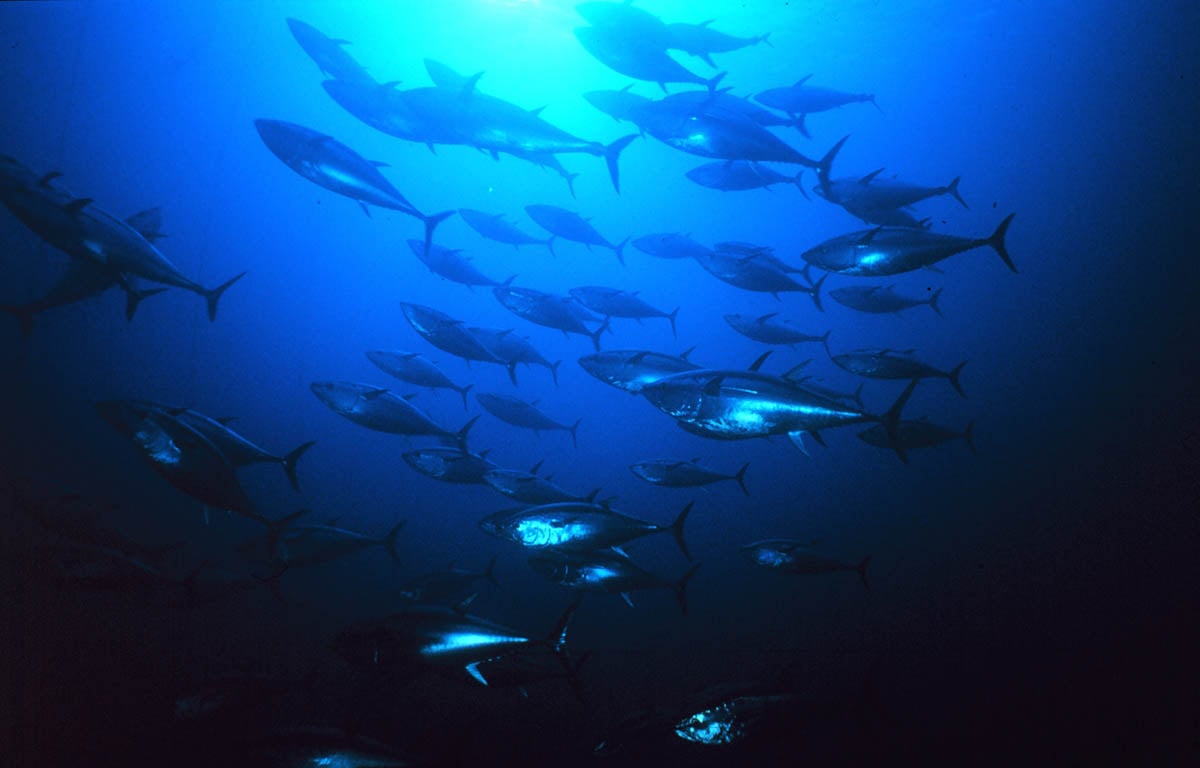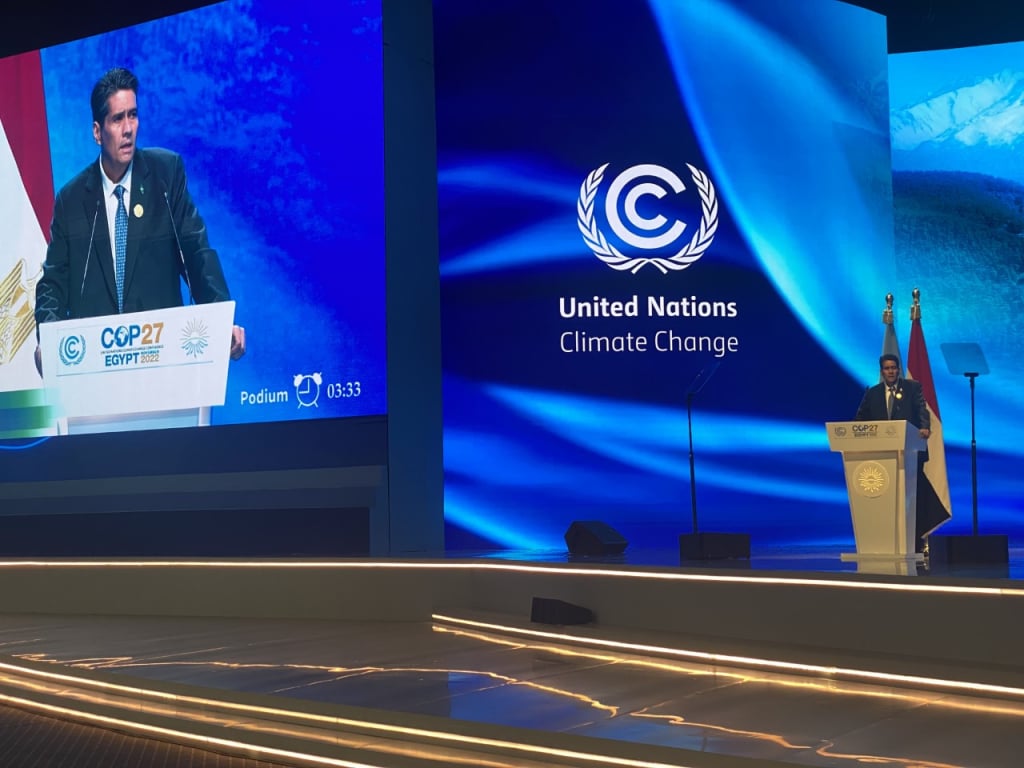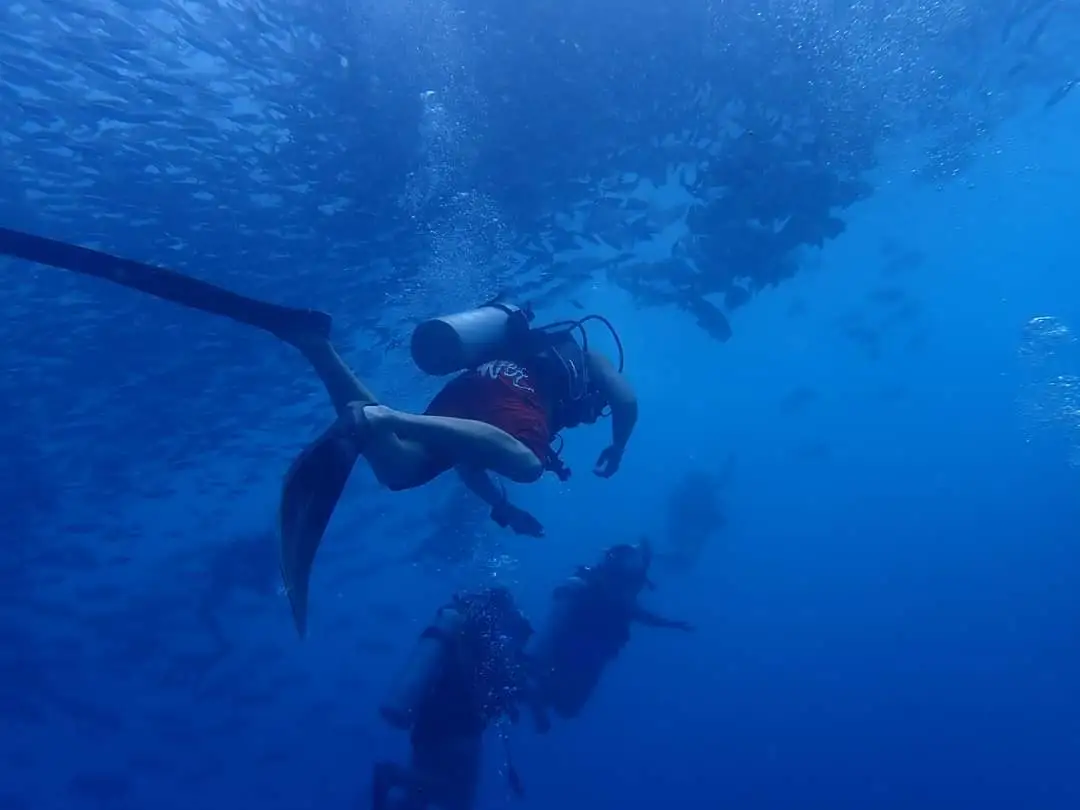Palau implements ‘Keled a Ngercheled Initiative’ to ensure food security as Palauans’ preferences are moving away from healthy, nourishing and culturally important local foods
Palau parallels other Micronesian islands, small and secluded, with an individual inner cultural homogeneity. Palauans live in a complex and highly organised social system, characterised by strong family values demonstrated through the clear roles and responsibilities men and women play.
Women are responsible for providing the basic food supply from farming the land, placing them in a highly valued role in the Palauan society. Men’s domain is the sea, and their main task is fishing to ensure a regular supply of seafood for the family.
Food security is a national priority for this small island nation and food systems play a significant role daily in its society and economy.
Despite the strong cultural traditions connected with food, fishing and agriculture, Palauans’ preferences are moving away from healthy, nourishing and culturally important local foods.
To address this, the Ministry of Agriculture, Fisheries and the Environment is implementing Keled a Ngercheled Initiative- Our food is our responsibility.
“Within the Ministry, the Bureau of Agriculture helps support our people grow their own food, benefit financially from it and as such be able to get the food that they need in the quantity that they need,” said Gwendalyn Sisor, EPCU Coordinator, Office of the Minister.
“This has resulted in the agriculture sector undertaking several projects to increase, diversify and innovate agriculture production. Having this food programme, we need to be able to measure its effectiveness and the impact assessment methodology will be able to help us do that. It is really important to help inform a lot of the work we do and whether we are achieving the work we doing to make Palau a more food secure nation.”
The first case study was on a taro farm for food security at Ngatpang. The second case study was a livelihood project on integrated farming practices that incorporated livestock with crop production with six piggery farmers in Aimelikk, Ngaraard, Melekeok, Ngchesar and Airai.
In examining the residual impact of the projects to the farm holders, the evidence included primary data such as acreage of land under sustainable or innovative production, number of farmers with access to new and innovative farming and livestock production and the percentage increase of a household and community’s access to stored water.
During the field trials, the Palau Conservation Society was engaged as consultants to facilitate the application of the impacts’ methodology. They organised a working group of technicians and experts from the Bureau of Agriculture, validated the preconditions and identified the indicators that would reflect the preconditions.
The social surveys and field visits undertaken suggested that the return on investment was low based on the slow uptake of interventions.
With lessons of the past to inform future planning, authorities and stakeholders acknowledge the need for built-in sustainability in terms of support for maintenance of infrastructure, ongoing technical assistance like extension services for the farm holders, most of whom are women. The GCCA+ SUPA project, funded by the European Union is delivered collaboratively by SPREP, Pacific Community (SPC) and the University of the South Pacific (USP) with the aim to enhance climate change adaptation and resilience within the Pacific region.
This story was written by Christine Tuioti, originally published at SPREP on 24 October 2022, reposted via PACNEWS.




